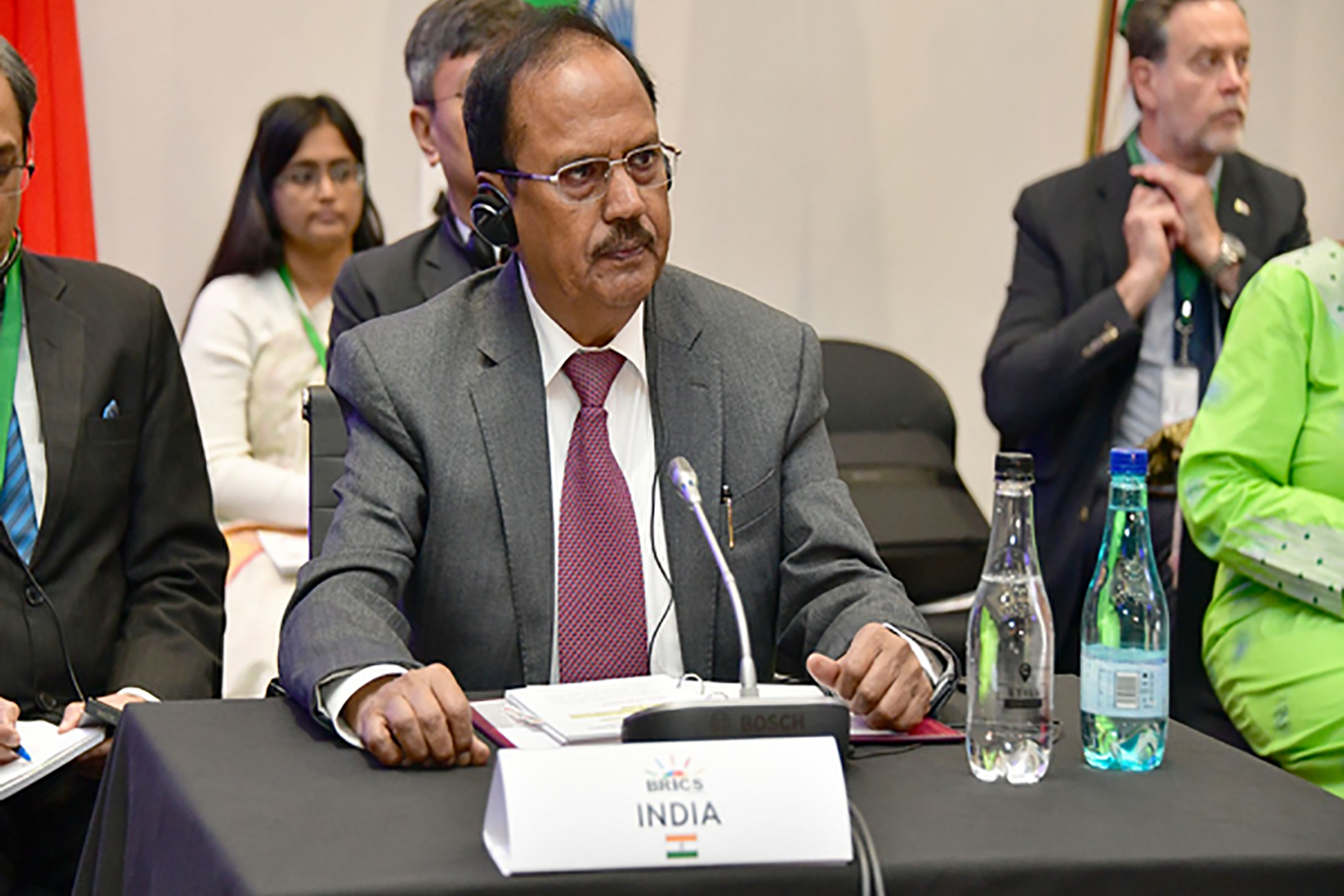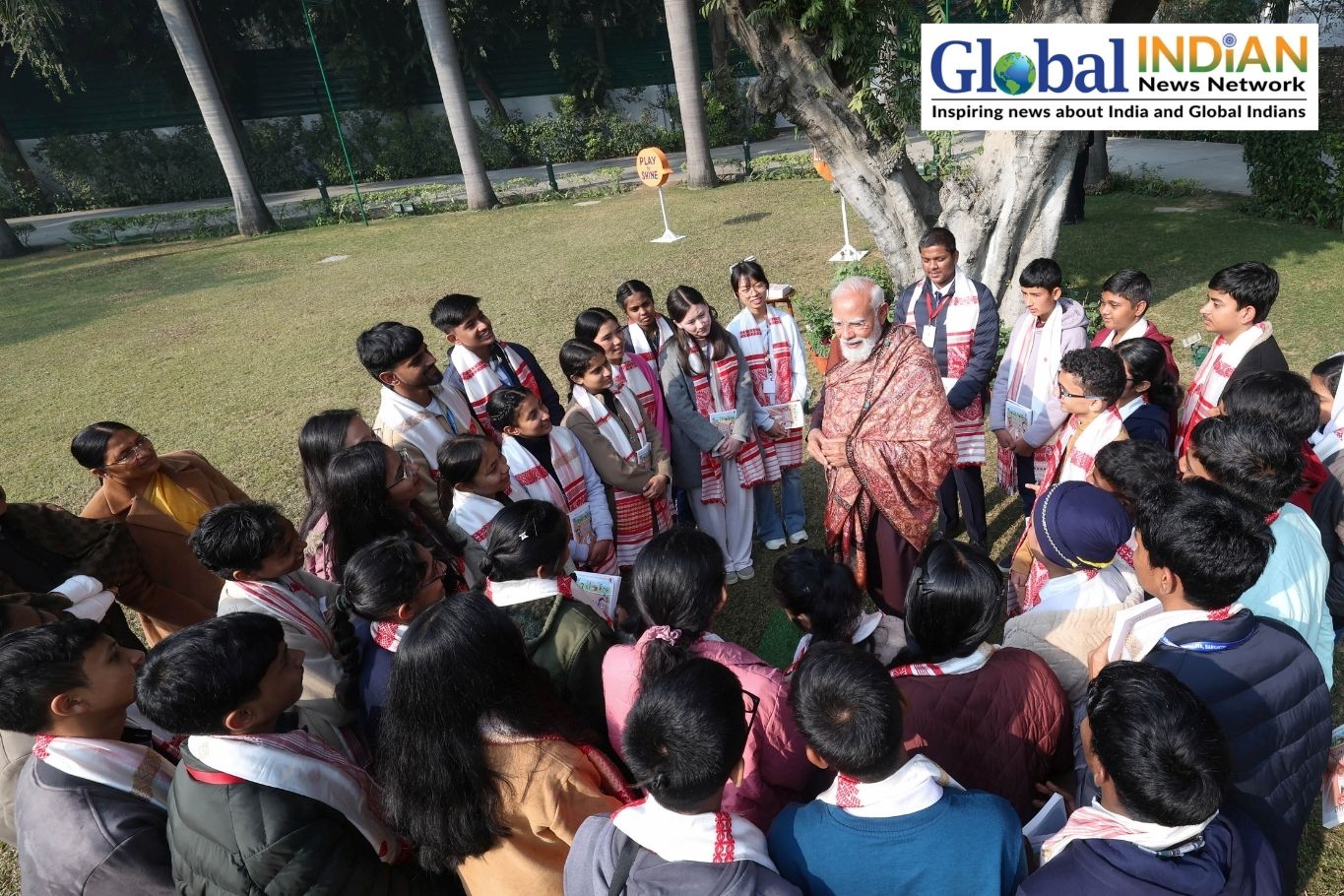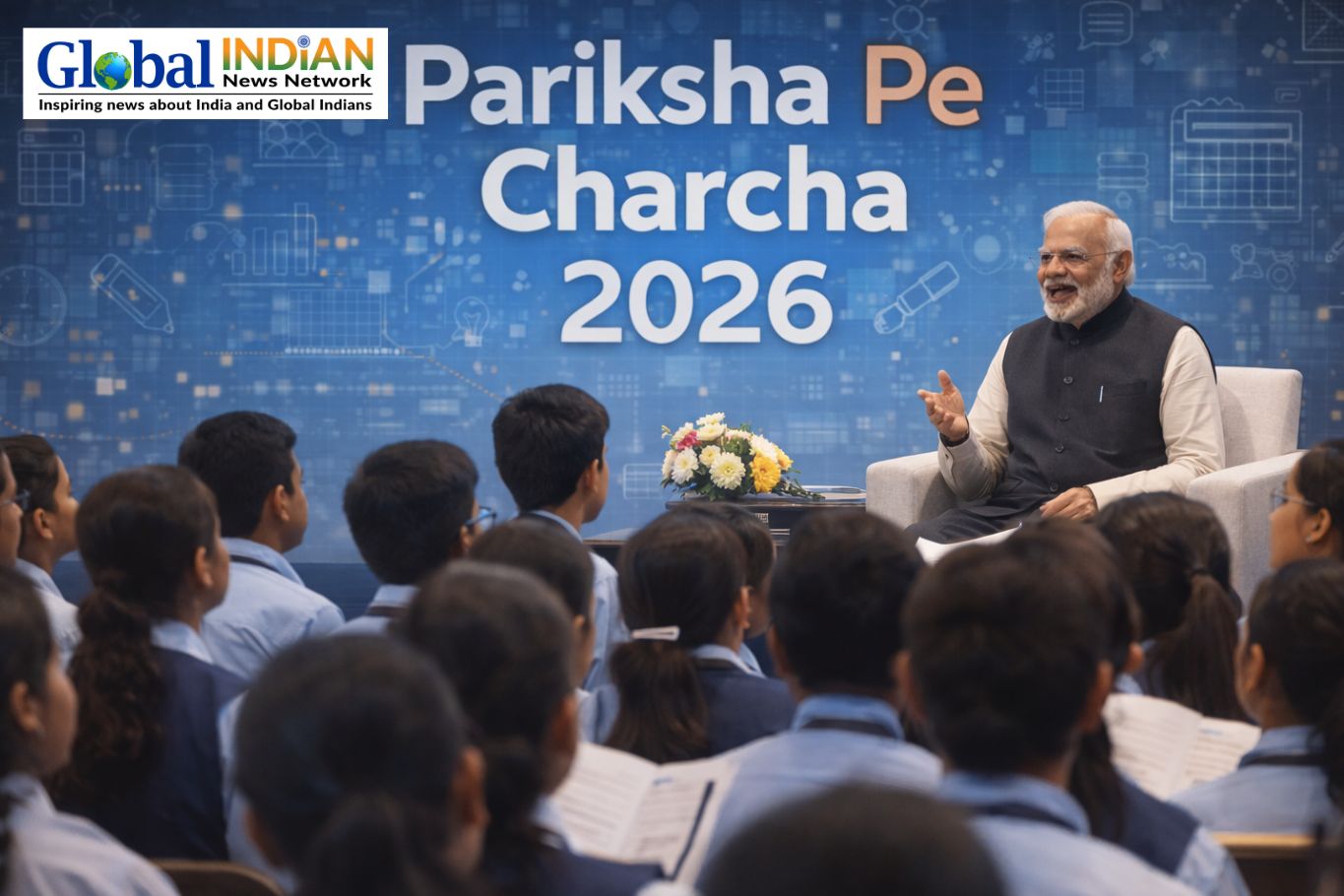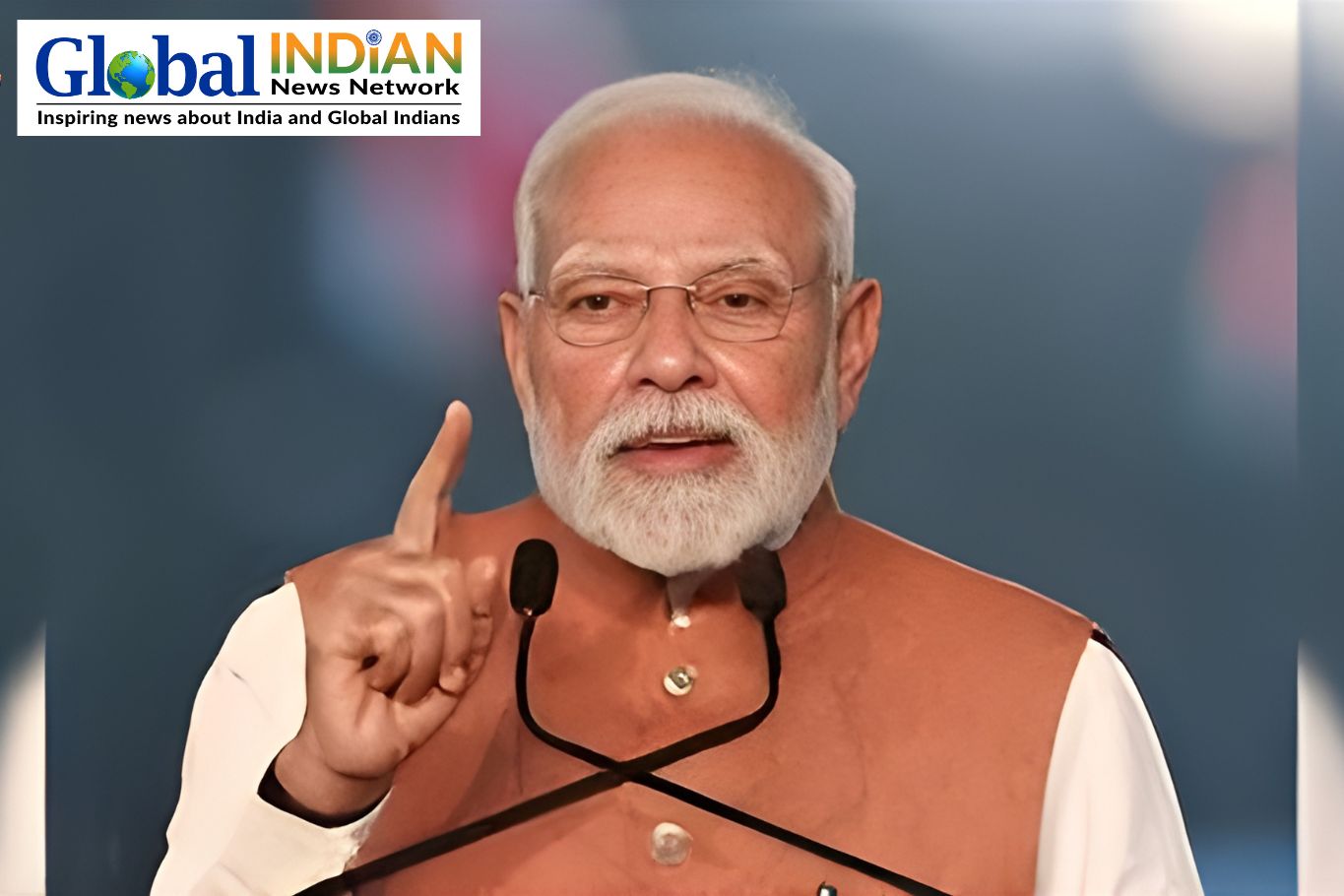
Ajit Doval, National Security Advisor, arrived in Jeddah for the ‘Ukraine Peace Summit,’ excluding Russia and attended by 40 nations including the US and China. His participation highlights India’s intent to contribute to resolving the ongoing 18-month conflict. Ruchira Kamboj, India’s UN representative, expressed support for the UN Secretary-General’s Black Sea Grain Initiative, acknowledging recent disruptions in peace efforts.
While India refrains from directly condemning Russia’s Ukrainian invasion, it emphasizes conflict resolution through dialogue and diplomacy. China, though neutral, aligns with Russia’s stance. A previous peace summit in Copenhagen saw China absent, but its sudden announcement of sending special envoy Li Hui to Saudi Arabia indicated a desire for constructive involvement in political solutions.
China’s participation has been labeled a diplomatic triumph by Saudi media. The Kingdom aims to enhance dialogue and cooperation through political and diplomatic means, as Saudi state news agency SPA highlighted. By hosting the event, Saudi Arabia reaches parts of the world where Ukraine’s traditional allies might not easily engage.
Ukrainian President Volodymyr Zelensky anticipates the Saudi initiative leading to a future “peace summit” in autumn, gathering global leaders to endorse principles, including his 10-point formula for settlement. This formula underscores respecting Ukraine’s territorial integrity and withdrawing Russian troops. Such ideals directly conflict with Moscow’s claims of permanent annexation of occupied Ukrainian territories.
Direct peace talks between Ukraine and Russia remain unlikely, given the ongoing war and Kyiv’s attempts to regain territory through a counter-offensive. The situation highlights the complexity of the conflict and the need for international cooperation to find viable solutions.











